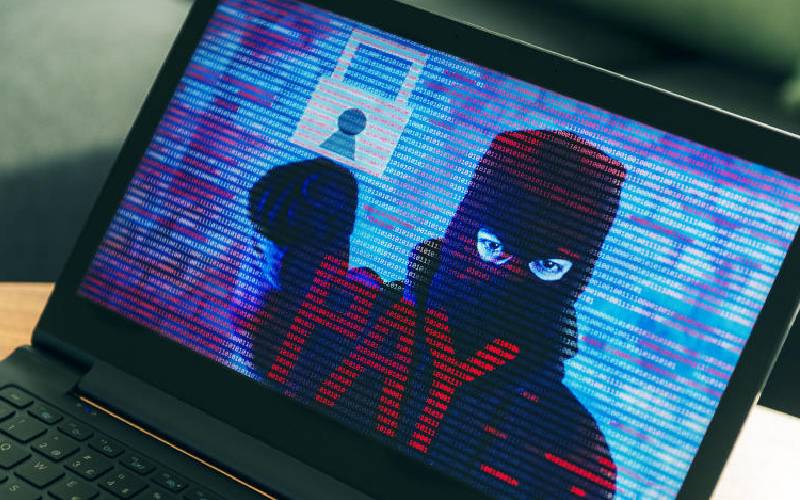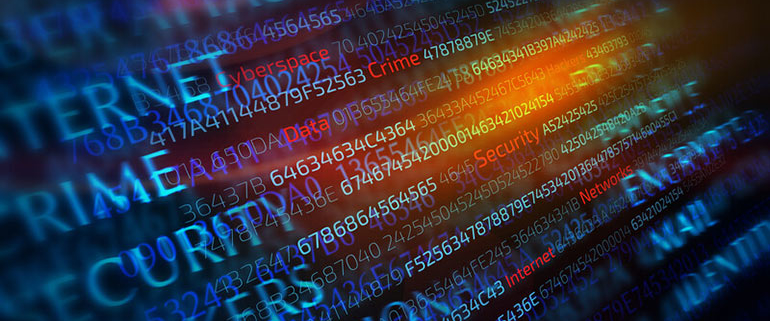Why Kenya is not safe from Russia-Ukraine cyberwar

Malware is a file or a code that is basically meant to breach the security and privacy of a computer, server, client, or network. [File, Standard]
Government agencies and private companies are likely to experience more cyberattacks this year.
Threats to Kenya’s infrastructure, experts say, are likely to be heightened by rising global tensions as countries take sides in the raging Russia-Ukraine conflict.
According to the Communications Authority of Kenya (CA), 143 million incidents of cyberattacks were detected in the country last year, which was a 23 per cent increase to 110 million cases.
CA attributed this to a surge in remote working as companies adopted remote working for their staff to mitigate the spread of the Covid-19 pandemic.
And cyber experts are now concerned that the fallout from Russia’s invasion of Ukraine, which has disrupted financial systems and supply chains as Western countries impose sanctions against Moscow could precipitate the rise in cyberattacks.
Patrick Muya, the head of East Africa business development at Plena Solutions, an Israeli cybersecurity company based in Kenya noted that in the first 48 hours of Russia’s invasion of Ukraine, cybersecurity agencies observed an increase of over 800 per cent in cyberattacks worldwide.
“The increasing threat of cyberattacks is primarily, but not limited to, countries and companies directly involved or associated with the conflict. Cyberattacks know no borders with little to no effect on distance, time, and culture,” observed Mr Muya.
Anticipation of full-blown cyber warfare is on the back of a long history of international attacks coordinated out of Russia. Moscow, for instance, was blamed for the large-scale attack on Ukraine’s power grid in 2015. And in 2017, the Kremlin released on Ukraine the data-wiping NotPetya virus, a destructive malware. The virus ultimately spread globally, hurting companies and State agencies.
Independent Russian hackers have in recent years also been linked to several brazen hacking schemes, including the devastating ransomware hack of the Colonial Pipeline in the US last year.
Mr Muya said it would,…



